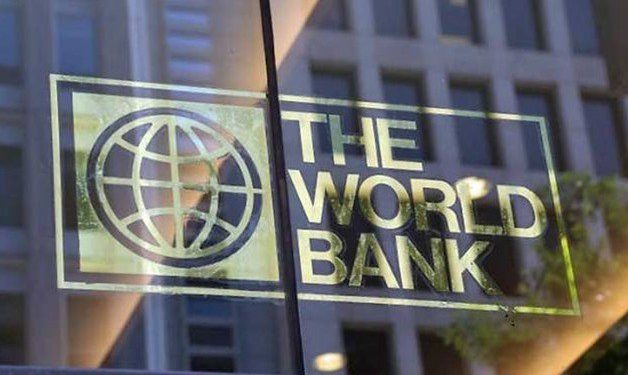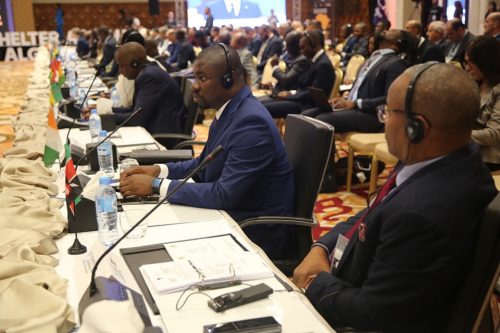The Federal Ministry of Housing and Urban Development has announced plans to collaborate with the World Bank Group on a National Land Documentation and Titling Programme in Nigeria. This initiative, highlighted at the “Nigerian Livable Cities” workshop, aims to transform land into a substantial economic asset by significantly increasing land formalization in the country.
– Current Land Registration: Less than 10% of Nigeria’s land is currently registered and titled, restricting landowners from leveraging their properties for economic benefits.
– Economic Impact: The goal is to increase land formalization to 50% within the next decade, potentially unlocking over $300 billion in capital.
– Comprehensive Sub-Programs: The initiative includes sub-programs in housing and land management, urban services delivery, climate change action, urban management and finance, and transportation.
Draft Framework and Implementation:
Minister Ahmed Dangiwa announced that the Ministry has drafted a framework for the program, which will be shared with the World Bank Group for adoption and implementation. This initiative aligns with the Ministry’s land reform strategy and complements the establishment of a National Land Commission to operationalize the Land Use Act.
World Bank Support:
The World Bank’s Nigeria Urban Livability and Mobility Programmatic Analytics and Advisory Services (ULM PASA) will provide technical support to Federal and State governments. This aims to improve development policies and programs in selected Nigerian cities, enhancing their livability, competitiveness, and resilience.
Federal Government Efforts:
The Minister highlighted several Federal Government initiatives to create livable and sustainable cities, including:
– Renewed Hope Cities and Estates Program: Aiming to deliver 50,000 housing units in its first phase.
– Urban Planning and Design: Emphasizing green building techniques, efficient waste management, and the creation of green spaces.
Workshop Insights:
The workshop featured panel discussions with state commissioners and senior government officials. Key topics included state government priorities, institutional constraints to improving urban livability, and recommendations to address challenges. Notable suggestions included:
– Addressing inaccurate data.
– Reducing pressure on services through adequate planning.
– Controlling development along flood plains.
– Aligning programs with government policies.
– Investing in climate-smart infrastructure.
– Facilitating the review of the Land Use Act 1978 (1999 as amended).
– Developing a Drainage Master Plan for flood control.
– Creating a National Urban Programme to operationalize the National Urban Development Policy.
– Integrating disaster resilience and early warning systems into state development plans.
The initiative aims to propel Nigerian cities towards sustainable, inclusive, and resilient growth through deliberate planning and strategic partnerships.










